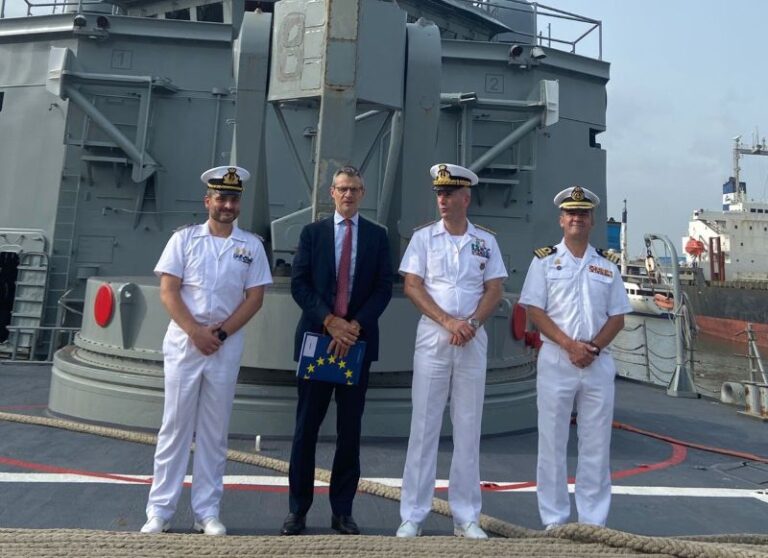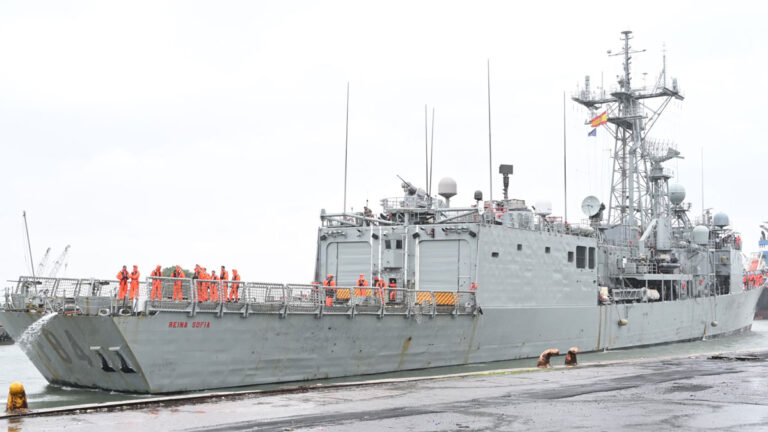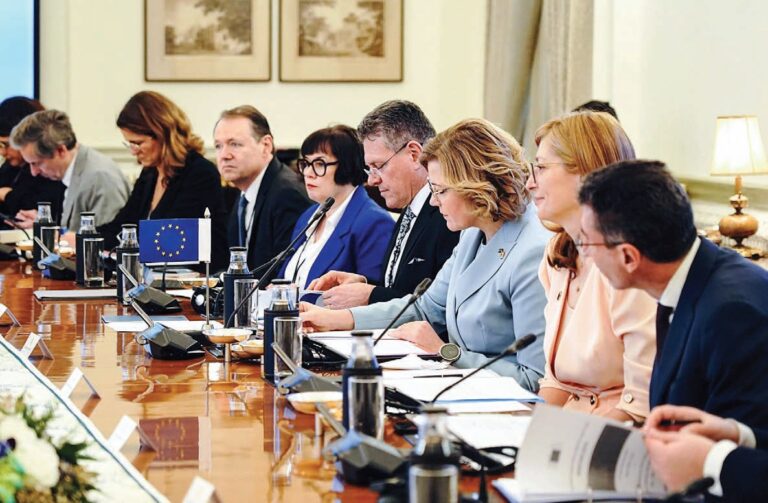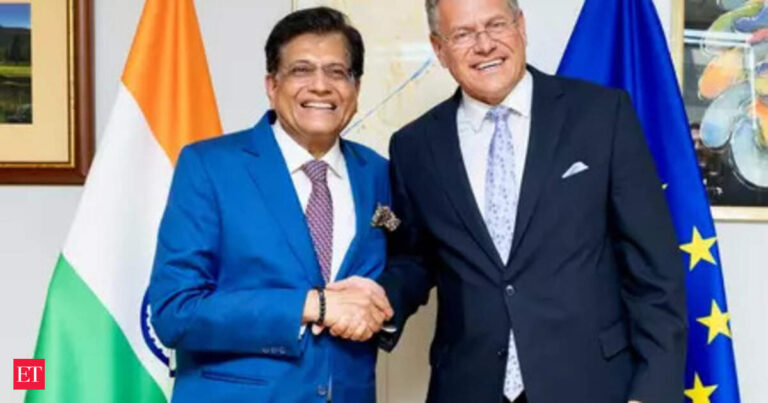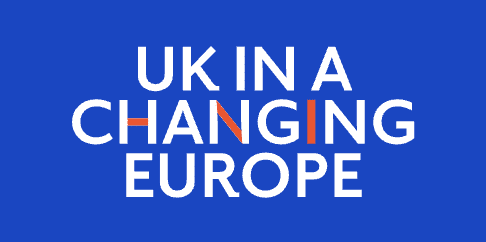
Gesine Weber presents European cooperation on maritime security in the Red Sea, exploring the prospect of new forms of involvement in the region.
The security crisis in the Middle East has a direct impact on maritime security in the Red Sea. In recent weeks, attacks on military and civilian vessels, mainly by Houthi rebels in Yemen, have increased. These attacks not only pose a concrete threat to individual ships crossing the Red Sea, but also to freedom of navigation in the region in general.
In total, 12% of world trade passes through the Suez Canal. Companies are increasingly choosing to ship their goods to Europe via the alternative route, around the Cape of Good Hope, which entails considerable costs. It increases delivery times by approximately 10 days, directly impacting turnaround times at major European ports, and increases fuel costs by $1 million for round trips between Europe and Asia, in addition to higher insurance costs.
As these routes are vital to European trade, the EU – including the UK until Brexit – has been involved as a security provider in the Red Sea for several years. THE European mission ATALANTA was launched in 2008 in the northwest Indian Ocean to protect vulnerable vessels, combat piracy and disrupt illicit maritime flows.
And maritime security concerns are not limited to the Red Sea. Europeans increasingly recognize the importance of the Indo-Pacific region for European security, which was, for example, visible in the EU’s cooperation strategy in the Indo-Pacific region, in the Indo-Pacific strategies peace of the different EU member states and in the tilt policy of the United Kingdom. ” to the Indo-Pacific during the 2021 Integrated Review.
The most important recent example of European action on maritime security is the European-led maritime awareness mission in the Strait of Hormuz (EMASoH)which was launched in 2019 in response to an increase in maritime and non-maritime incidents in the Strait of Hormuz (the only open maritime passage in the Persian Gulf). Its military component, AGENOR, operates from the French naval base in Abu Dhabi; seven European states participate directly in the mission and two others support the diplomatic channel. Although not directly part of the mission, the British Royal Navy coordinates closely with its international partners during its operations. Kipionthe UK’s mission to promote regional maritime security in the Gulf and Indo-Pacific.
In response to the escalation of recent incidents in the Red Sea, the United Kingdom and four EU Member States (France, Italy, Netherlands, Spain) have joined the US Prosperity Guardian Missionlaunched in mid-December 2023 to ensure freedom of navigation in the Red Sea. As Houthi rebel strikes on commercial and military targets in the Red Sea have intensified in recent weeks, the United States and the United Kingdom have launched airstrikes on Houthi targets in Yemen. According to the British Governmentthese strikes constitute an act of self-defense and aim “to degrade the military capabilities of the Houthis and protect global maritime transport”.
Although EU member states have been present in the Red Sea for some years, there is currently no consensus on possible European engagement – which also reflects the lack of European consensus on the war in Gaza. So far, only the Netherlands has provided non-operational support for the US and UK strikes, while Denmark and Germany are the only other EU member states to have co-signed the deal. statement issued by several states after the strikes. At the same time, Spain has expressed hesitation about extending ATALANTA’s mandate to the Suez Canal. The EU High Representative for Foreign and Security Policy, Josepp Borrell, raised the possibility launch of a new mission alongside ATALANTA. Following this week’s meeting of the EU Political and Security Committee, EU sources indicate initial support for an EU mission in the region, which will be discussed in more detail at the foreign ministers meeting later this week, and could will be operational in mid-February.
Given the disagreements between EU Member States on their position on Gaza and on regional dynamics more broadly, THE The exact scope and form of EU engagement in the region, however, is a politically difficult decision. Divergent votes by EU member states on UN resolutions calling for a ceasefire as well as national statements on the conflict underline that any EU action in the region is a balancing act and is therefore often based on the lowest common denominator rather than grand ambitions. Besides a “classic” mission under the Common Security and Defense Policy (CSDP), there are other formats that could be an option to strengthen European action in the Red Sea, and these could also include the United Kingdom.
Article 44 of the Treaty on the European Union allows Member States to delegate a Common Security and Defense Policy (CSDP) task to a group of capable and willing Member States. This option allows what might be called an “intra-EU coalition of the willing”, wishing to engage in a certain aspect of CSDP, to benefit from EU support structures without tying those who are more reluctant.
With member states generally agreeing on the importance of freedom of navigation and securing trade routes in the Red Sea, this option would allow them to meet this challenge – provided the mandate is balanced enough to gain unanimous support within the European Council, a prerequisite for the use of Article 44.
As an alternative, EU members could contribute to security in the Red Sea through so-called Coordinated maritime presences (CMP). This relatively new tool, used for the first time in 2021, allows EU members to volunteer to carry out additional tasks with their naval and air assets in an area that has been defined as a maritime area of interest (MAI ) by the Council of the European Union.
The northwest Indian Ocean, including the Bab-El Mandeb Strait, being already designated Maritime area of interestone could imagine EU member states considering similar cooperation through CMPs in the Red Sea.
The flexibility of these formats also represents a window of opportunity for European cooperation beyond the EU – notably with the United Kingdom. One could imagine a “plug and play” logic in which the United Kingdom would join European states which already coordinate their action through coordinated maritime presences, or close coordination between the United Kingdom and an intra-EU coalition of volunteers. . Whatever the approach, speed and coordination will be essential to make it effective.
By Gesine Weberdoctoral student, King’s College London.
